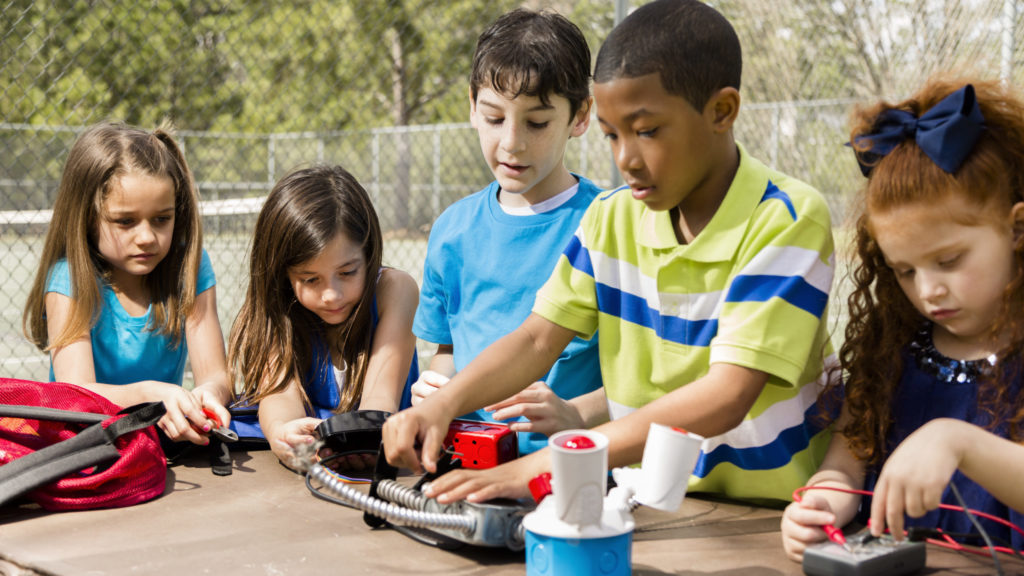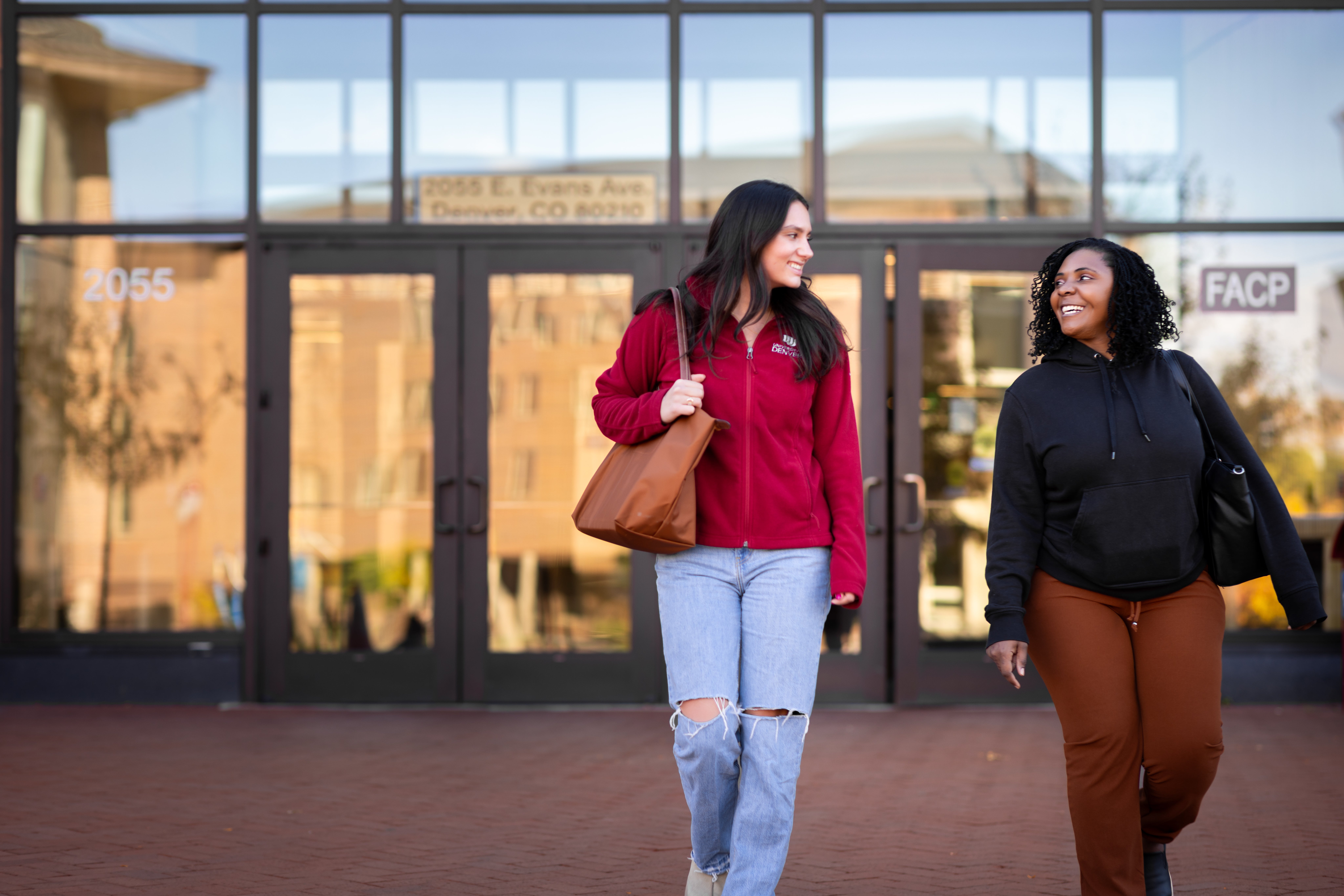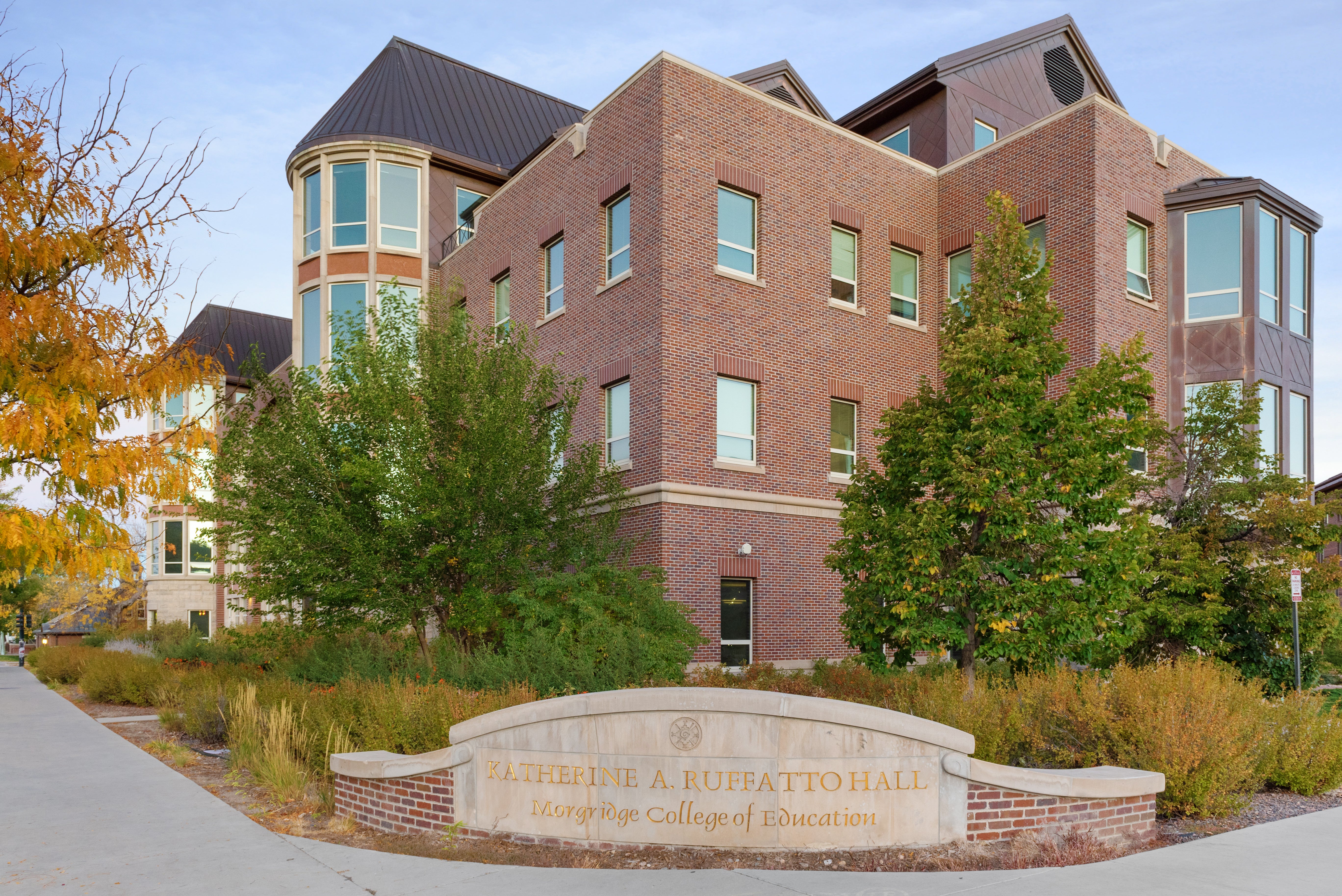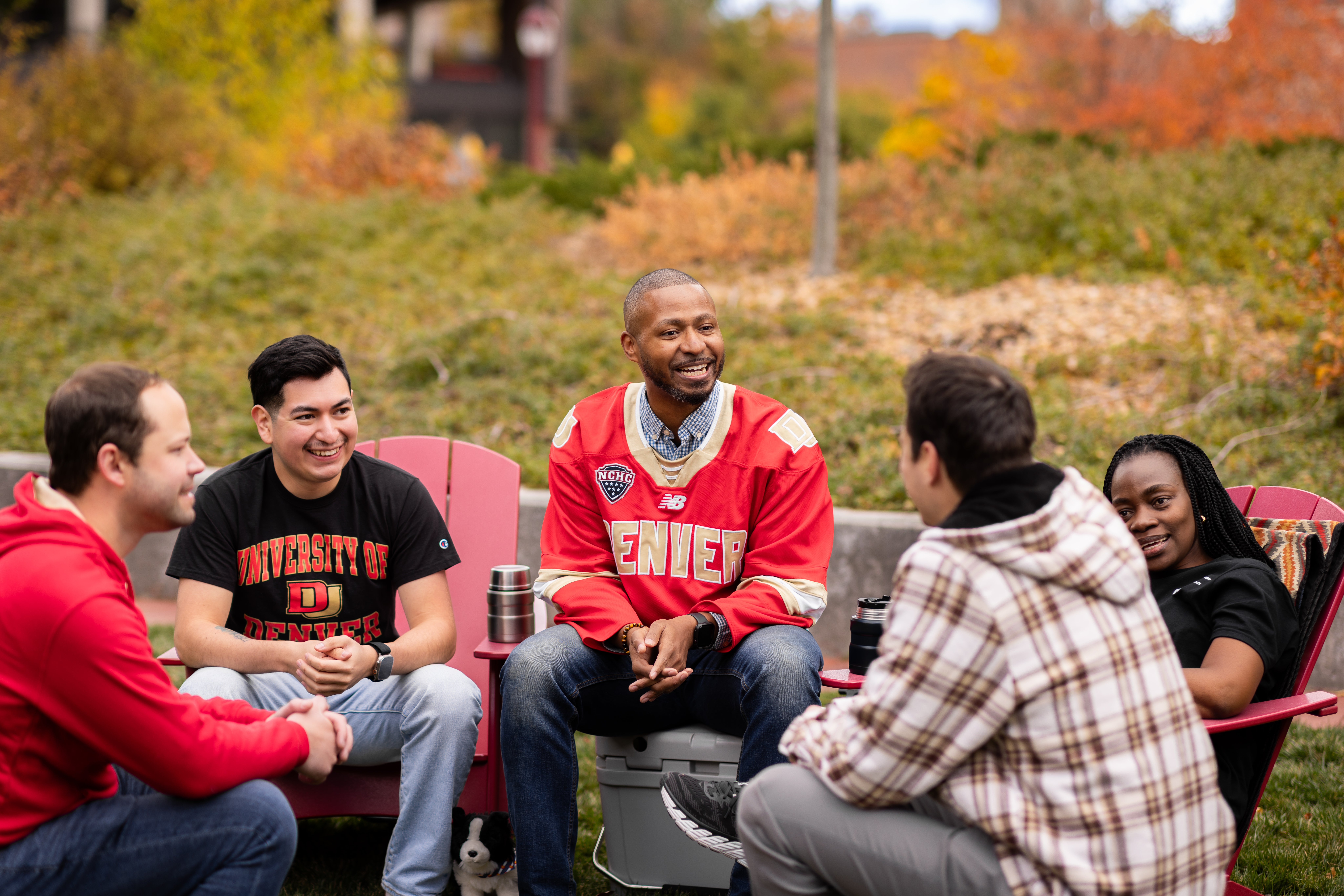Drs. Dumas, Organisciak co-PI’s on Institute of Education Sciences grant
University of Denver Morgridge College of Education professors Drs. Denis Dumas and Peter Organisciak have been named co-Principal Investigators on a three-year, $964,081 grant from the U.S. Department of Education’s Institute of Education Sciences (IES). This project, in partnership with Dr. Selcuk Acar at the University of North Texas, will develop a new test for Original Thinking, or creativity, in elementary school students.
The research team is highly interdisciplinary, consisting of specialists in gifted education, measurement and assessment, and information science. Building from this rich collaboration, the team will develop a new test instrument for creativity to administer to children, as well as algorithmic tools to automatically scores that test. They call their new system the Measure of Original Thinking in Elementary Students (MOTES), and it will adopt text mining methods, mining language from millions of child-oriented books, TV shows, and movies in order to identify which elementary students are capable of generating the most original ideas.
Measuring Original Thinking in children has a long history. However, the manual scoring of existing tests limits their accessibility—because many schools cannot afford the costs and logistics of such tests—and introduces measurement error into the scores. Therefore, fewer children are measured for Original Thinking, leading directly to the under-representation of minoritized students and low-socioeconomic status learners in gifted and talented programs. There is a need for screening tools that allow the measurement of Original Thinking in a large number of students quickly and at lower cost.
“This will truly be a first in the history of educational research,” said Dumas, “to be able to be able to provide a cutting-edge measure like this—totally free to educators and school leaders–
will lead to a turning point in how schools think about highly creative kids, and how to identify and nurture them.”
Organisciak says of the approach, “The past few years have seen a great deal of innovation in natural language processing, which can benefit education measurement through better understand of responses that can only be collected in open-ended ways. I’m excited to translate those methods to practice, and hopefully make an impact on how schools serve children.”
At project completion, the MOTES will be available to education practitioners and researchers who can obtain instant scores, for free. The team will also present findings from the research in conference presentations and in peer-reviewed publications, as well as in class with their students at Morgridge.



